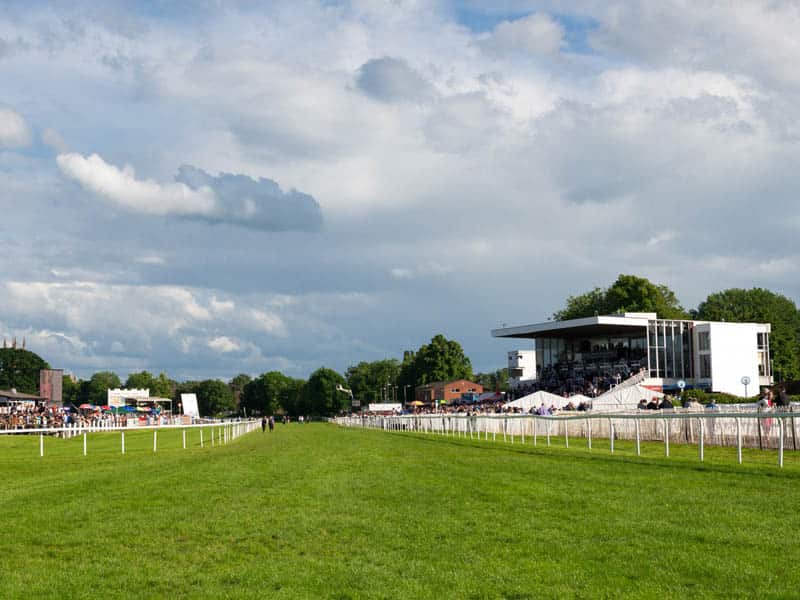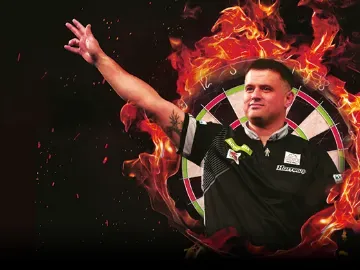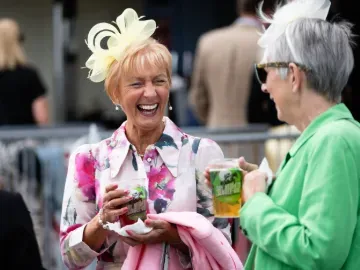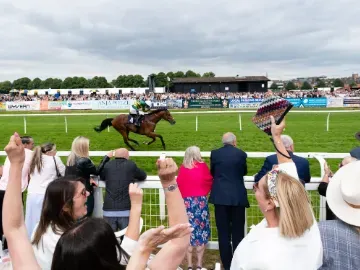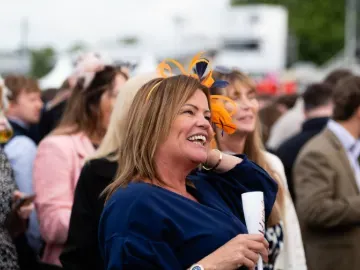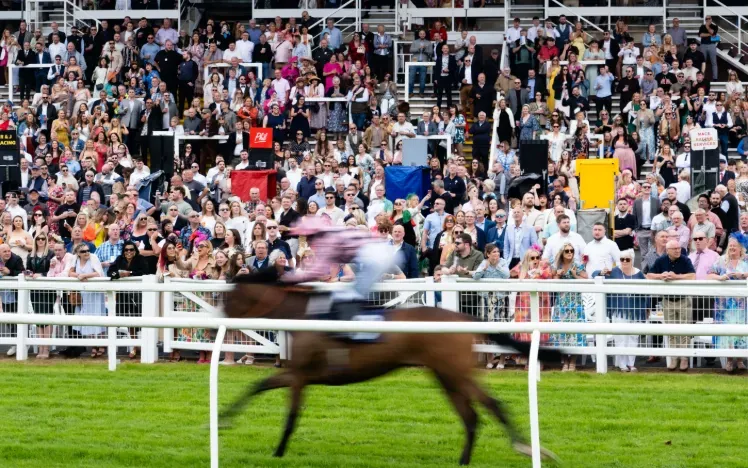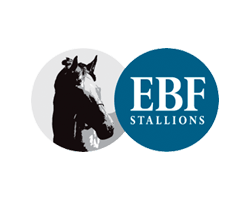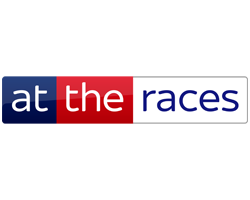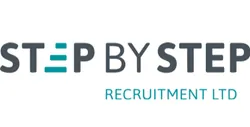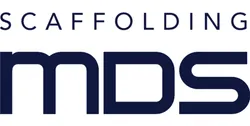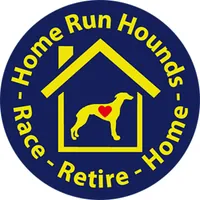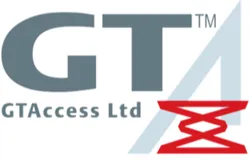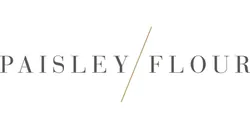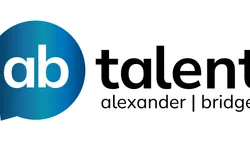Horse racing is one of the world’s most popular sports. Millions of people around the world adore the spectacle of horses and their riders competing in organised races.
There are tracks in nearly 60 countries, and the global audience for races like the Derby and the Grand National runs into hundreds of millions.
Racing is the second biggest spectator sport in the UK after football. Nearly 4.8 million visitors were welcomed to courses in 2024, an average of just over 3,400 at every meeting.
How many of those racegoers are aware of the rich history of the sport they enjoy? Racing has a long and lustrous story that goes back centuries.
Let’s take a trot, a canter and a gallop through horse racing history to trace the development of this fabulous sport. From its earliest days to the multi-million-pound industry that thrills us to this day, the evolution of horse racing is an exciting journey.
When did Horse Racing Start?
Ever since man first threw his leg across the back of a domesticated horse, people have enjoyed the excitement of racing against other riders.
The history of horse racing dates back to antiquity. Ancient civilisations including the Greeks, Romans and Egyptians staged races, while Odin’s mounted duel with the giant Hrungnir features in Norse mythology.
In many ways, the sport at its heart is unchanged from its earliest days. Horses racing in unison with their gallant riders from a start to a finish point is an eternally simple concept.
While horse racing traditions and seasons may vary from country to country, the history of horse racing is one of timeless rivalry and comradeship between riders and their steeds.
Nowhere more than in the UK.
History of Horse Racing in the UK
The first recorded horse races in the UK were held at London’s annual St Bartholomew’s horse fair in the reign of Henry II in the late 12th century.
Many rulers have been serious followers of the sport, giving rise to its nickname as The Sport of Kings.
Indeed, James I was petitioned by Parliament in 1605 to spend more time running the country and less on enjoying races near the Suffolk village of Newmarket!
The oldest horse race in the UK, the Kiplingcotes Derby, was first run in 1519 and is still held at its East Yorkshire home every March.
One major development in the history of horse racing was the importing to England of three sires from which all thoroughbred horses are descended.
The Darley Arabian, Byerley Turk and Godolphin Arabian came to Britain from the Middle East in the late 17th and early 18th century and their progeny were used both for military purposes – and for racing.
Development of UK Racecourses
It may surprise you, when you visit a well-appointed modern UK racecourse, to find out that it has a history dating back hundreds of years.
Chester, the oldest course still in operation, can trace its history to 1539. Doncaster was staging races later in the 16th century, while Newmarket was founded in 1636 and Ascot in 1711 by Queen Anne.
Many of the horse racing traditions still observed by the modern sport pay homage to those early days.
The opening race at Royal Ascot each year is the Queen Anne Stakes, while the leading breeding operation Godolphin’s name is a tribute to one of those three original sires.
As the decades passed, scores of racecourses sprang up around the British countryside. Many that survive to this day have a history dating back centuries and have played their part in the evolution of horse racing.
The Recent History of Horse Racing in the UK
There are currently 61 racecourses active in the UK, 16 of which are owned and operated by ARC – the Arena Racing Company.
Our courses span the nation, from Sedgefield in the north-east to Brighton on the south coast.
They include one of the UK’s oldest courses, Doncaster, and one of the youngest – Ffos Las, which was opened as recently as 2009.
Our venues stage flat racing, jump racing and all-weather racing on an artificial surface.
We are proud to be playing our part in preserving and celebrating the illustrious story of this wonderful and exciting sport.
When you next attend a meeting at a UK course, you will be witnessing the latest chapter in the long and fascinating history of horse racing.

